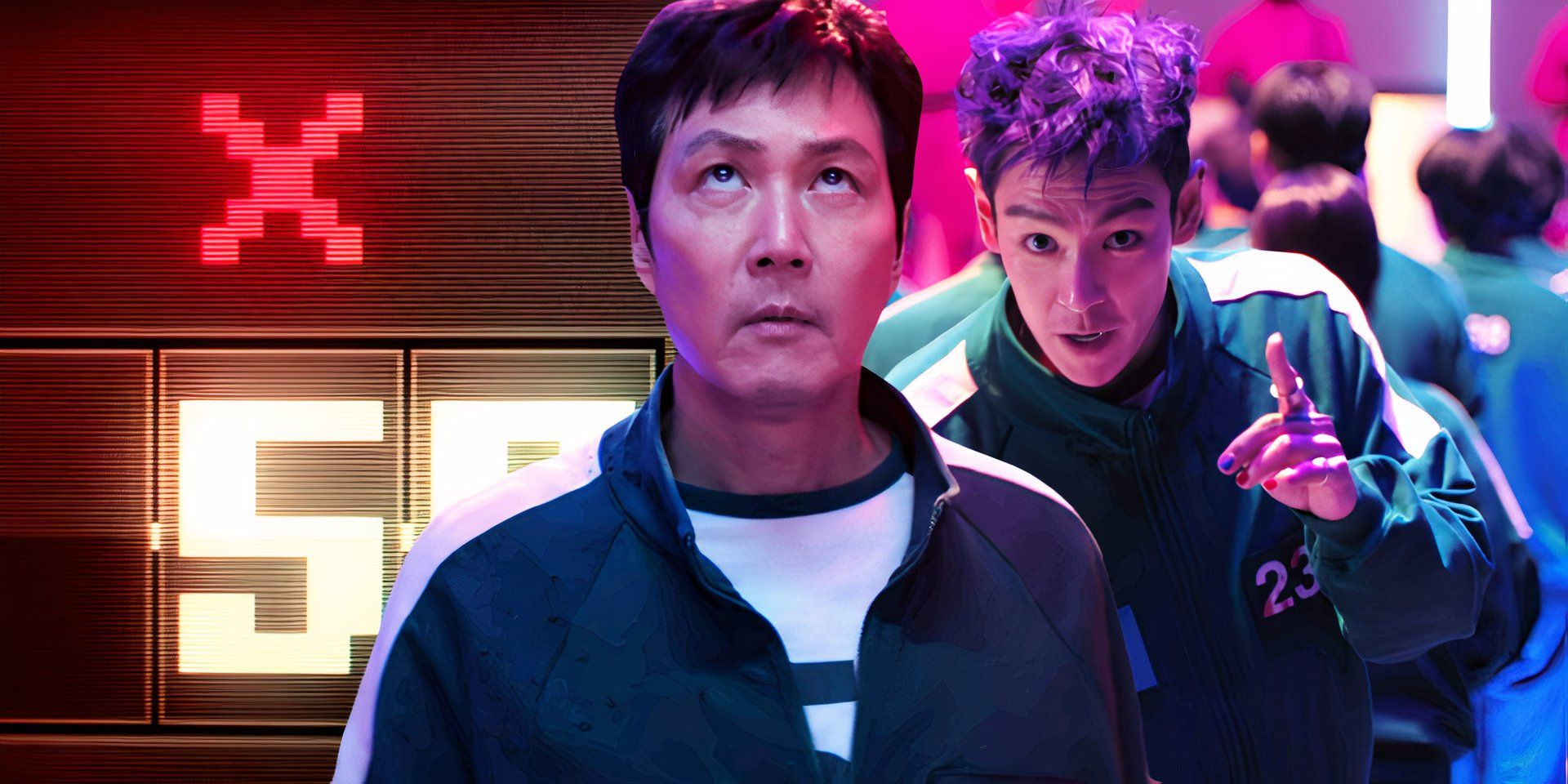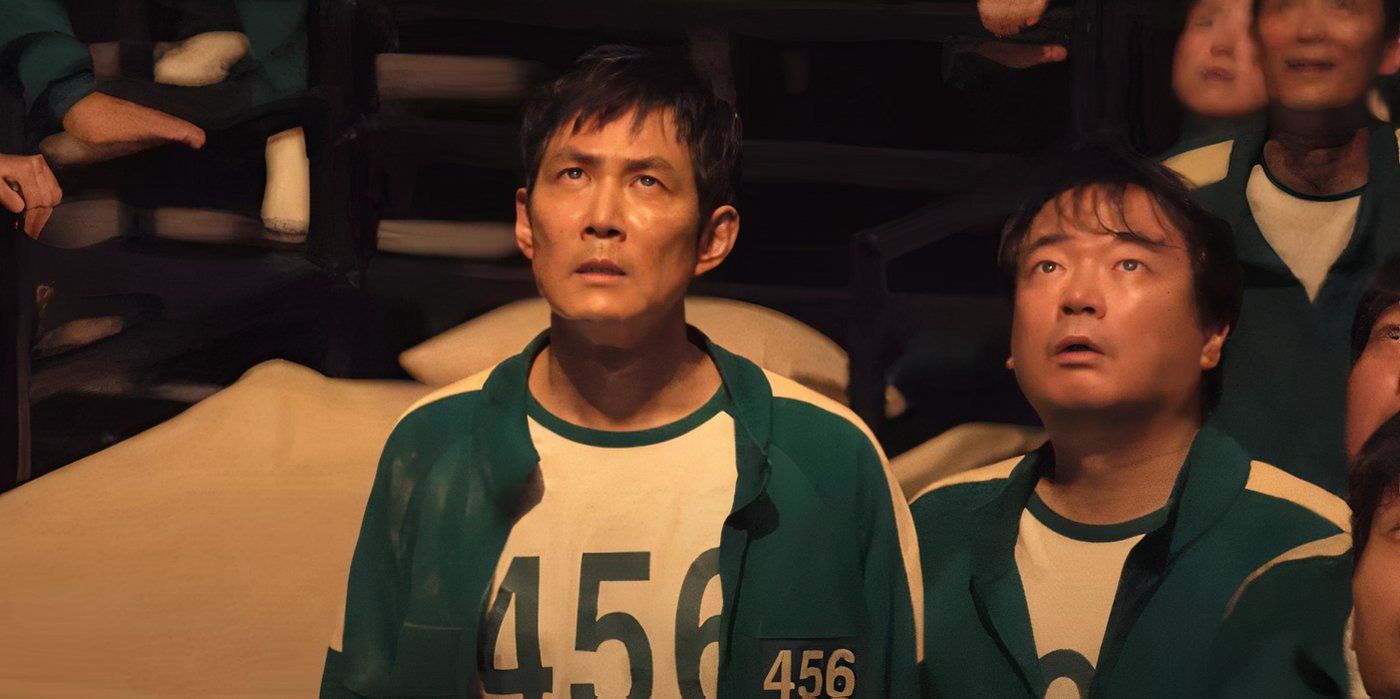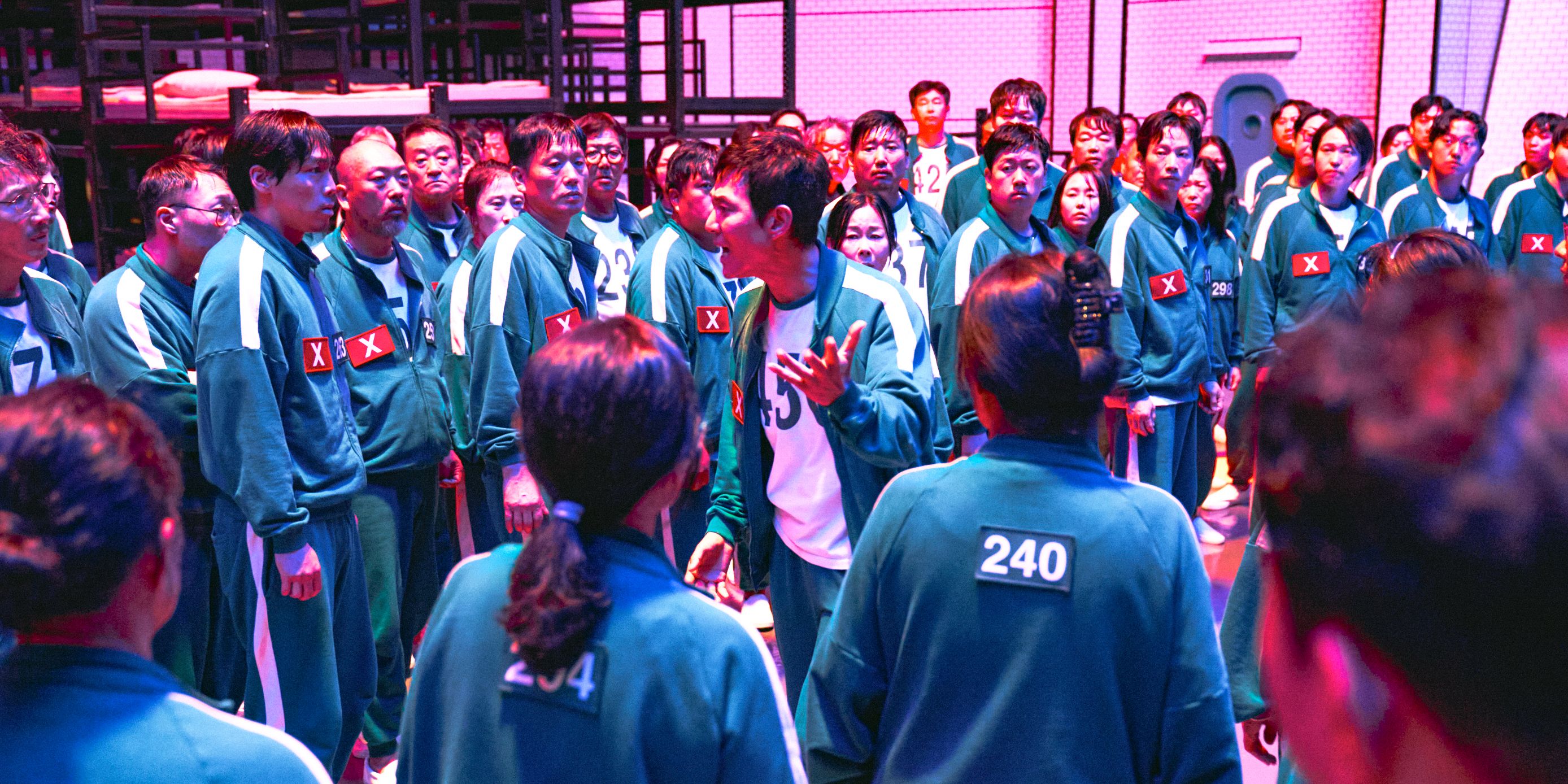
In Netflix’s behind-the-scenes featurette, Hwang explained the deeper implications of the season’s new rules and the symbolism behind the “O” (continue) and “X” (leave) divisions. If the players vote to leave, the accumulated prize money gets divided, a stark departure from the all-or-nothing approach of season 1. Furthermore, the players receive a patch detailing their vote that adorns the front pocket of their jackets. Here’s what he had to say:
They introduce benefits that weren’t provided in season 1, forcing players to split into whether to continue or stop. This intensifies the conflict and confrontation. Currently, we’re seeing an increase in division, conflict, and hatred, not only in Korean society but globally, based on religion, ideology, background, gender, and race. In season 2, I wanted to symbolically represent this by dividing the group into O and X and highlighting how they divide, hate, and confront each other. That’s what I tried to portray this season…
The creator then addressed why he took this approach in season 2. He hopes that as viewers watch the series, they will also consider whether these themes and human behavior are not so different from real life. Read his response below:
Through the characters in this small society within the game arena, I wanted to reflect on whether our society is like this and if we are living in the same way. I wanted to show it as if it were someone else’s story. As you watch, I hope it makes you consider if our world, and even ourselves, are not so different from it. I hope the elements in the series will offer you a chance to reflect on these things.
What Squid Game’s XO Division Means
This Division Fuels The Game’s Deadly Conflict





Initially hoping to use his mercenaries to invade the island and forcibly disrupt the games, Gi-hun quickly pivots to convince the players to leave voluntarily. After witnessing the deaths in the Red Light, Green Light game, he believes the participants will choose to stop the competition in the upcoming vote. Despite more opportunities to end the games than in season 1, the golden glow of the prize money ensures this never happens. As players are given the power to choose their fates after each round, most opt to stay, no matter how many deaths have occurred in the game before.
With its sharp social critique and hauntingly enduring relevance, Squid Game season 2 challenges us to reconsider who the real enemy is—and how we might be complicit in their success.
What Gi-hun fails to realize is that the Front Man, disguised as a player named Young-il, mediates the situation to make a pointed statement; greed will inevitably drive people to continue the games, even at the expense of their humanity. The “X” and “O” patches further exacerbate tensions, dividing players into opposing factions and culminating in a bloody showdown where participants turn on one another with forks and broken soda bottles. This is another harrowing portrayal of how the pursuit of wealth can lead to self-destruction, overshadowing the potential for collective survival.
Yet, Squid Game season 2 shifts its focus beyond the individual struggles of those trapped in an oppressive system to delve into how polarization between the downtrodden can emerge under extreme pressure. As groups form along lines of identity or ideology, Squid Game‘s new voting system offers a chilling allegory for how societal systems exploit these divisions to fuel conflict. It’s a powerful and unsettling reflection of real-world dynamics, compelling viewers to examine the unsettling parallels in their own lives.
Our Take On Squid Game Season 2’s OX Division
It’s A Haunting Allegory About The Power Of Polarization
Hwang pushes its societal commentary with Squid Game season 2 even further. By pitting players against each other, the season shows how identity markers can serve as distractions from the true power structures that drive—and ultimately gain from—conflict. His harrowing depiction of this self-destruction among the downtrodden players highlights a painful truth; our tendency to turn on one another often benefits those who orchestrate these divides. With its sharp social critique and hauntingly enduring relevance, Squid Game season 2 challenges us to reconsider who the real enemy is—and how we might be complicit in their success.






